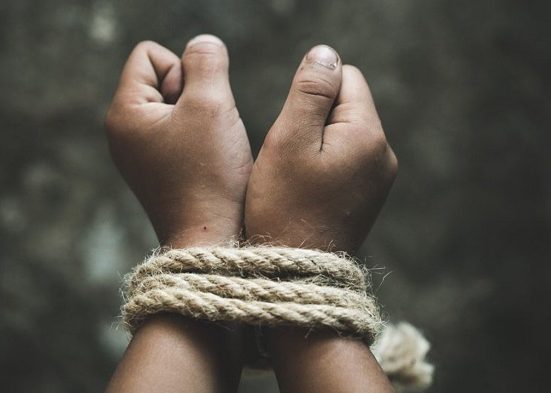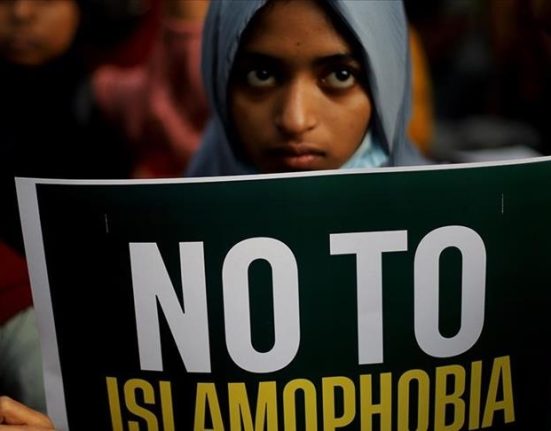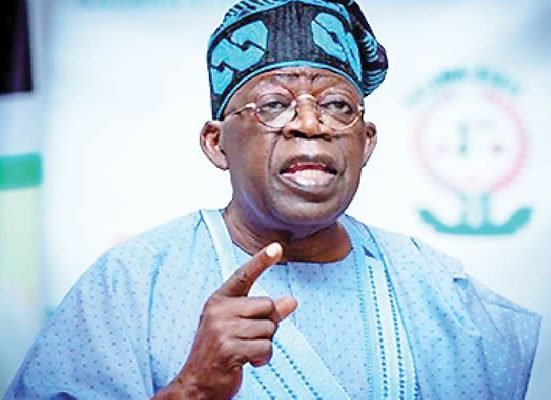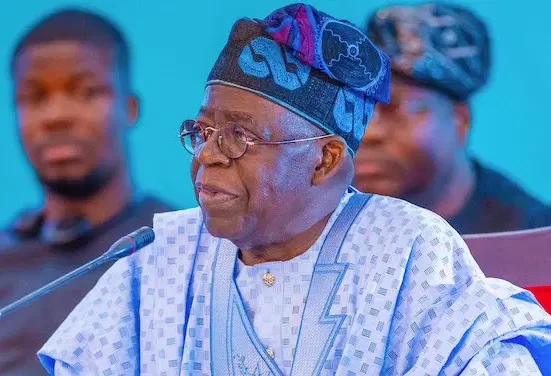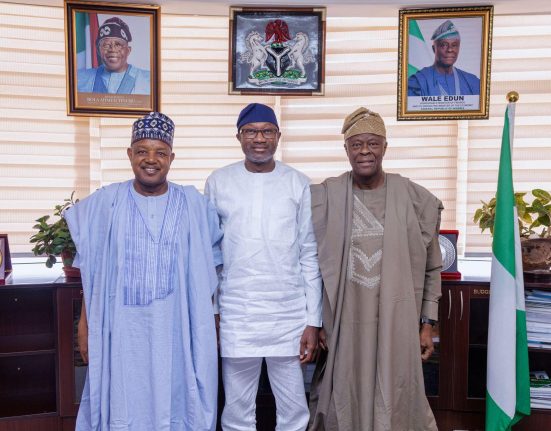In what appears to be a bold defense of the nation’s economic situation, a senior aide to President Bola Tinubu has stirred public discourse with claims that one dollar can purchase a complete meal in Nigeria, drawing stark comparisons with food costs in the United States.
Speaking yesterday during an impromptu media briefing at the Presidential Villa in Abuja, the presidential aide, whose statement came amid growing concerns over inflation and rising food prices, emphasized that Nigerians still enjoy relatively affordable food options despite ongoing economic challenges.
“The purchasing power of the naira might have declined in recent times, but we must acknowledge that ₦1,500, which is roughly equivalent to $1 at current exchange rates, can still afford a Nigerian citizen a decent meal in many parts of the country,” the aide stated.
The presidential spokesperson further explained that the same amount would barely purchase a bottle of water in many American cities, suggesting that comparing Nigeria’s economic situation with Western economies required a more nuanced approach that considers local contexts and realities.
Economic analysts have offered mixed reactions to these assertions. Dr. Olumide Fadeke, a Lagos-based economist, told our correspondent that while technically accurate in some scenarios, such comparisons fail to account for income disparities and purchasing power parity between both nations.
“Yes, $1 might buy a meal at a local bukka, but we must remember that the average Nigerian earns significantly less than their American counterpart. The relative cost burden on citizens is what matters, not the absolute price point,” Fadeke explained.
The statement comes at a critical time when many Nigerian households are grappling with food inflation that officially stands at 40.87 percent according to the National Bureau of Statistics’ latest figures, the highest in decades.
Street reactions have been predominantly skeptical. At Jabi Market in Abuja, Mrs. Blessing Okonkwo, a vegetable seller, questioned the aide’s assertion. “Which meal costs just ₦1,500 these days? Maybe pure water and bread, but certainly not a proper meal with meat,” she remarked.
Opposition figures have seized on the comment, with a prominent party spokesperson describing it as “disconnected from the harsh economic realities facing ordinary Nigerians daily.”
The presidency has yet to provide additional clarification on the specific types of meals referenced in the aide’s statement, though sources close to the administration suggest more comprehensive economic communications may be forthcoming to address public concerns over inflation and cost of living.
As debates continue about the true state of Nigeria’s economy, many citizens remain focused on the practical challenges of securing daily sustenance amid fluctuating prices and wages that struggle to keep pace with inflation.


